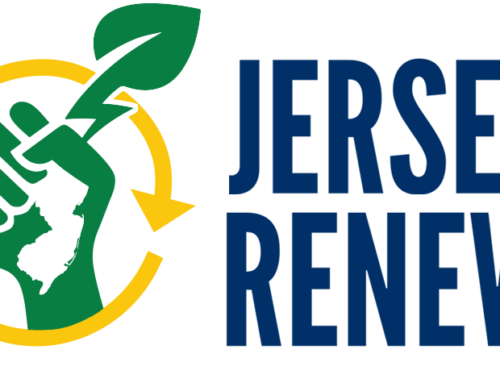“New Jersey is the most densely populated state and one of the largest automobile markets in the country.
Known for its population density and highways, New Jersey has a large number of commuters with lots of cars on the road, nearly all the time. New Jersey also has a robust transit network with more than 4,000 buses regularly carrying a majority of daily transit riders throughout the state, which boasts a transit ridership percentage double that of the nation.
Nearly half of all greenhouse gas emissions in New Jersey come from the transportation sector. Light-duty automobiles, like a standard family car, remain the dominant source of transportation emissions. But particulate matter from heavy-duty vehicles like diesel trucks for industrial or commercial use and buses for public transportation are a significant source of emissions, and contribute to poor air quality, negatively impacting public health.
In just a few short weeks, Gov. Phil Murphy has already taken decisive actions to improve transit in the Garden State.”
Read more from NJ Work Environment Council Executive Director, Dan Fatton and State Business Agent and Chairman for the ATU New Jersey State Council, Ray Greaves at NJ.com, March 7, 2018.

